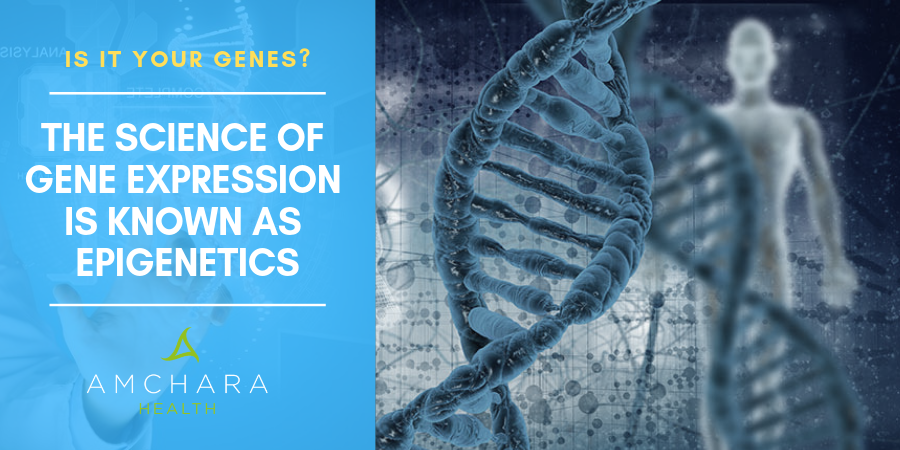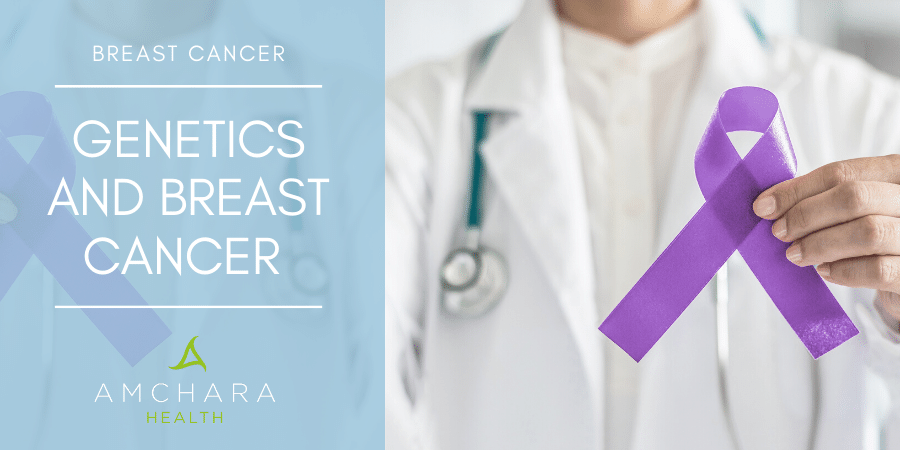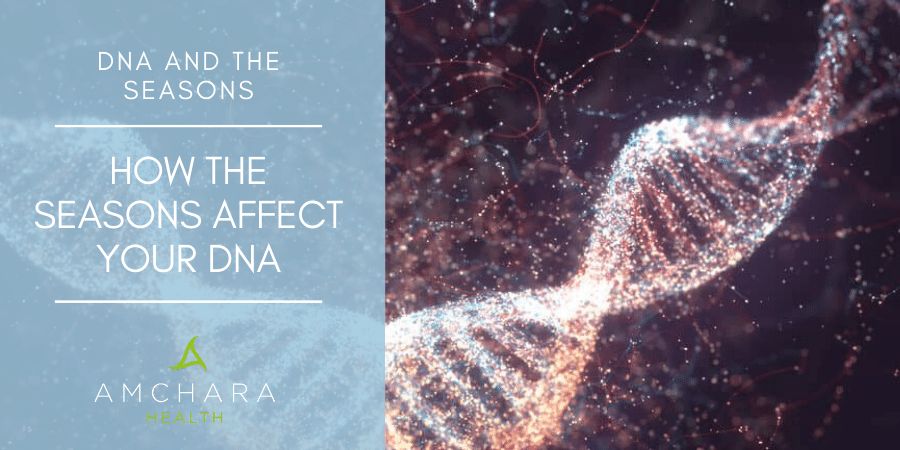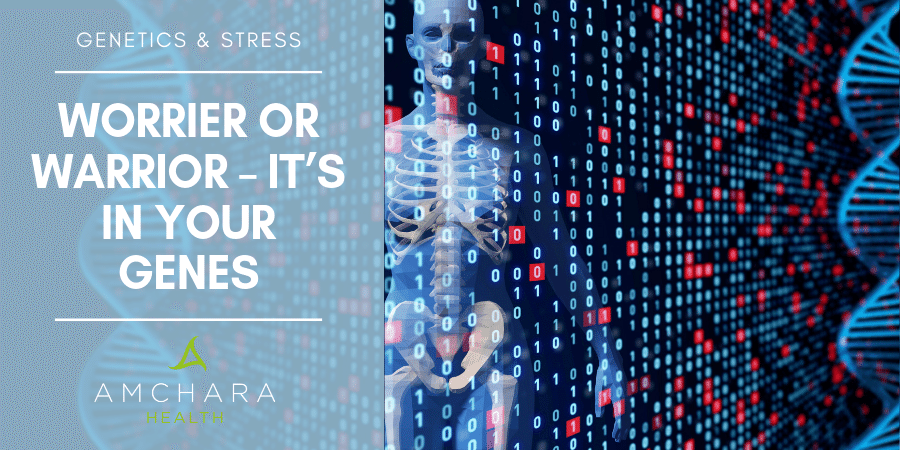How much of our potential health risk is really influenced by our genes?
There appears to be a consistent message that flows out of mainstream media and orthodox medical professionals that suggests genetic risk is all-powerful and that there is almost nothing we can do about it.
The message we are consistently delivering is, genetic determinism is a train on the tracks that is heading our way at some point and we have to simply accept this.
In our view the common expression ‘it’s in your genes’ is significantly misunderstood.
Did you know that genes cannot turn themselves on or off? Genetic expression is overwhelmingly manifested in response to its environment.
This is highly empowering news.
Even if you are at a higher genetic risk of a particular disease process.
If you focus on changing your body environment and ‘bathe your genes in goodness’ then you can offset or mitigate a huge amount of your potential risk.
The science of gene expression is known as epigenetics.
So, what is epigenetics?
Well ‘Epi’ is derived from the Greek meaning ‘outside of’ or ‘around’.
Implying that there are additional features to your conventional genetics that are much more influential.
Epigenetics suggests that your health is much more impacted by physiological and cellular trait variations, as opposed to your family DNA.
This relatively new finding creates change in genetic activity, without changing our genetic code, also known as gene expression.
Gene expression allows the DNA to respond to the environment accordingly.
In theory, if you maintain a healthy lifestyle, this in turn will relate to your genes expression.
Suggesting that it is not just your inherited genes that could determine illness or disease.
Darwin’s evolutionary process is a perspective that most scientists agree with, as we do at Amchara.
Humans have developed and evolved over time.
If the Evolutionary process is something that you also agree with, is it not reasonable to suggest that throughout this long period our genetic code has done very well to get us this far?
This demonstrates that our genetic codes is very robust.
Furthermore, if we have evolved over hundreds of thousands of years, is it also a fairly logical assumption that the gifts of our environment such as food were critical in supporting our genetic evolution?
In our view there is clear evidence that Epigenetics can truly effect our well being and we should not solely rely on being told that we will inherit illnesses.
Identifying illness and disease.
Why now is it ‘in our gene’s’?
Celebrities, such as Sharon Osbourne, has been told that she is at a greater risk of dying from Alzheimer’s like her father.
Similarly, Radio 1Xtra DJ Claira Hermet has been told by doctors that due to her mother and sister passing away to breast cancer, she had an 85% chance of falling victim to this terrible disease.
No one should challenge anyone’s personal decision to make the right choice for them and their health.
No doubt Claira showed huge courage as did Angelina Jolie in her personal health decision.
Claira has had a double mastectomy due to this scare and medical advice, but how solid was that advice that she was given?
Did that advice impact on women like Claira and Angelina to make the decisions they did?
Epigenetics can evidently be found in a lot of cases, take the well-known actress Audrey Hepburn.
She grew up in the Netherlands during the famine, where she suffered from anaemia and respiratory illnesses.
When Audrey was diagnosed with clinical depression later on in her life, she attributed this to the malnutrition from the past.
This suggests that the illness did not derive from genetics, but in fact the response to previous environments had resulted in gene expression.
Therefore, are medical professionals serving their patients best genetic advice if they have not studied or are not referencing Epigenetics?
Is it creating the worried well by telling people that they are at such a high risk to these awful illnesses, by only looking at their genetics?
At Amchara we are driven to support people to Change For Good through education and empowerment in a positive and nurturing environment.
We hope you have found this blog informative and you do further research yourself to learn about Epigenetics for you come to your own decisions.
(Book a Free 360 Health Consultation Today)
Good luck and the best of health
Amchara
READ NEXT:







